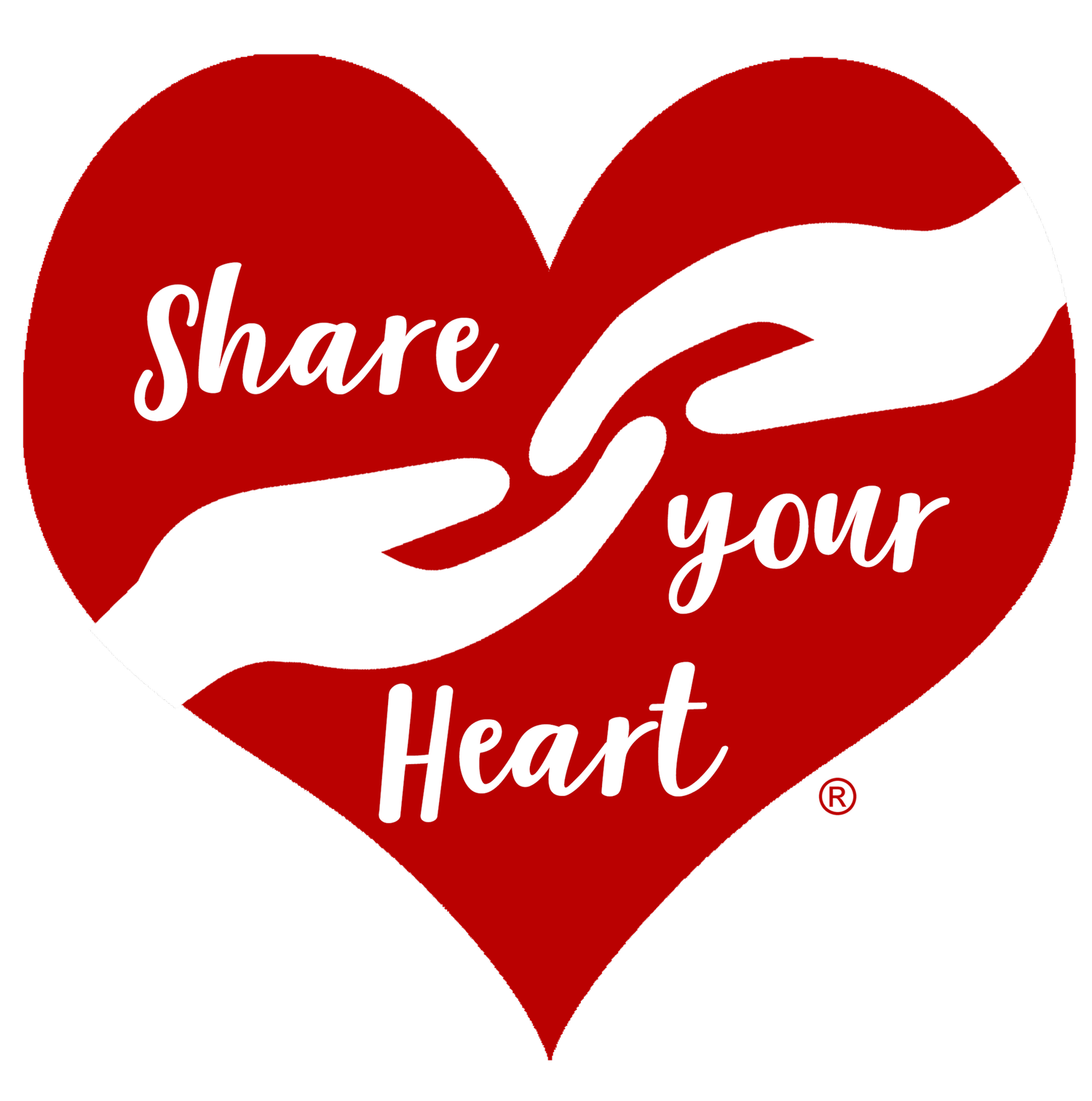An Atheist’s Guide to a Broken Heart
Serafina
I haven’t believed in God since I was a teenager, but it was only when I found out that my son was going to be born with a congenital heart defect that I began to confront the consequences.
I became frustrated at not being able to provide answers for why my luck had so suddenly changed, when up until then everything in my life was going quite well. It is easy not to believe in anything when you are living a good life.
My friends and family tried to seduce me back to religion. But I stood firm. I did not want to believe that this was somehow “God’s plan.”
Still, I searched for some meaning in this tragedy. Perhaps I will come out of it a stronger person. Or my son will. Or maybe it will create a new bond with my husband.
But that led nowhere. Why would it make me a stronger person? I did not have the option to be brave or to be a coward. I had to endure it all—the seemingly endless in utero echocardiograms, the meetings and calls with various doctors telling me what to expect, my mother suddenly becoming an expert cardiologist and telling me what to expect, the open heart surgery—regardless of how I felt.
And why would my son become a stronger person? He may become resentful, or depressed. Or maybe it will mean nothing to him other than the annual annoyance of seeing a cardiologist.
As for my marriage, I still resent my husband for not being in the hospital day and night with my son and me (of course, he couldn’t—he was taking care of our other son), and for my having to endure this all alone.
So how does one deal with a tragedy when one does not believe that everything happens for a reason? I actually don’t have the answer. Sorry. In a better essay, the answer might be that even if you do not believe that an event was “meant to happen,” the experience is still important, because it will change you. You will learn how to endure hardship and you will be stronger and braver, in a way that only a mother who saw her child lying with his chest open can be. Blah blah blah.
I am not braver. I am scared all the time for my son. And I am not stronger. I feel weak and vulnerable at any mention of his heart defect. How do I talk about it? Am I going to hijack the conversation? Get too many sympathy nods? But maybe that is exactly what I want. Maybe that is what I need. I don’t know.
In the end, I have found that being around other people undergoing similar experiences has helped the most. I guess because it allows me to see that I am not the only unlucky one.
